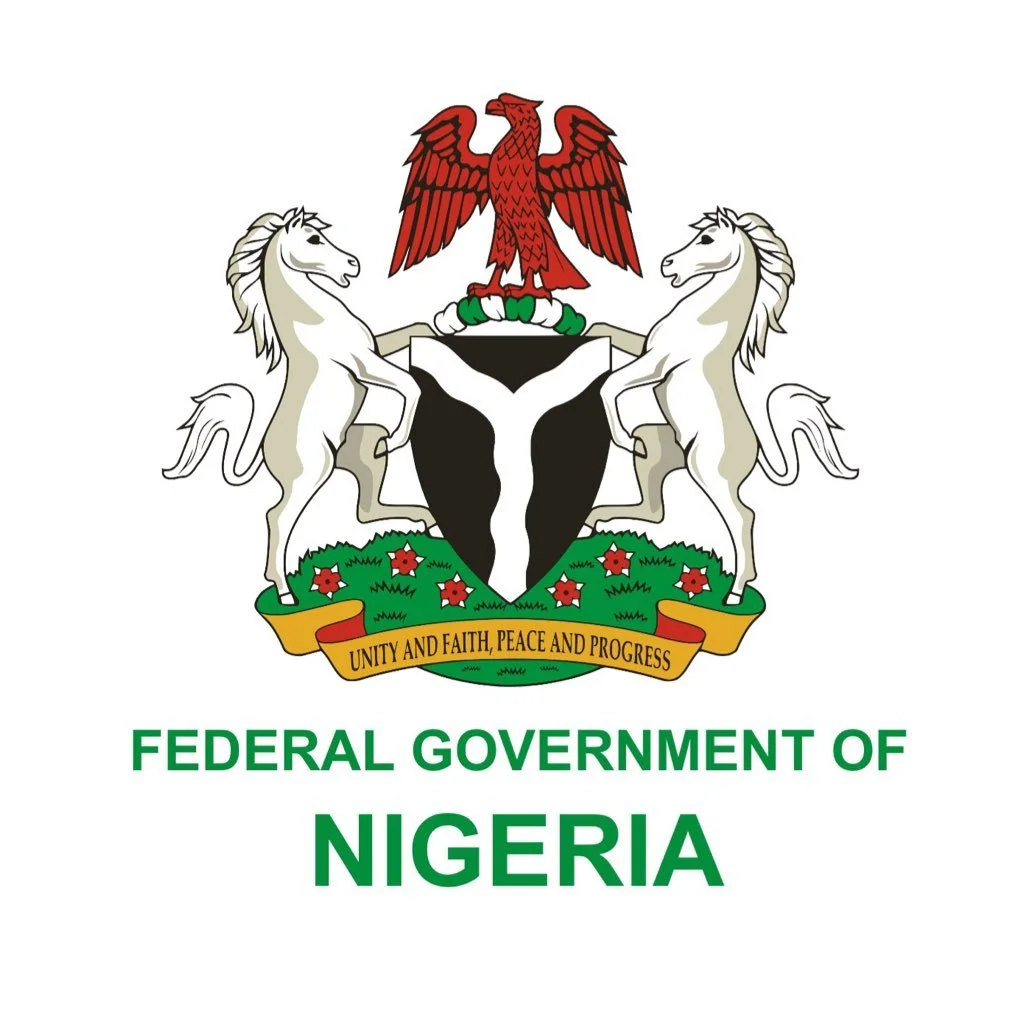

As part of the efforts to eradicate torture in the country, the Federal Government says appropriate measures have been put in place to checkmate lapses in legal and administrative frameworks.
Mrs Beatrice Jedy-Agba, the Solicitor-General of the Federation and Permanent Secretary, Federal Ministry of Justice, made this known on Tuesday at the training for members of National Committee Against Torture (NCAT) in Abuja.
The News Agency of Nigeria (NAN) reports that the two-day training was organised by Avocats Sans Frontieres (ASF) France, also known as Lawyers Without Borders, France, with the support of the Australian government.
It was titled, ‘The Legal Framework on Torture and Effective Implementation of the Anti-Torture Act 2017’.
Jedy-Agba, who stressed that the issue of torture was one that the nation was desirous of eradicating, however said that “there is need for more to be done to ensure that torture by public officials comes to an end and that victims able to seek and obtain justice”.
She said it was for this reason that the Attorney-General of Federation reconstituted the NCAT, now known as Committee Against Torture, Nigeria.
“While i am aware of the legal and administrative constraints associated with investigating and prosecuting torture, i wish to solicit the support and input of members to devise creative means of address the problem of torture in Nigeria, particularly in our detention centres,” she said.
Also speaking, Mr Mathew Mechan, the Deputy High Commissioner of Australia in Nigeria said the Australian government was proud to support Nigeria, through the ASF ProCAT Project, to enhance Nigeria’s counter torture measures throughout the justice system.
“I know that all of you were chosen to be members of this prestigious committee and to participate in this training because of your expertise, knowledge, leadership, and commitment to defending human rights.
“I am sure that the training you receive today will go a long way to help you in discharging the responsibilities that accompany your selection to this committee.
“| was pleased to note during a recent roundtable between development partners and Minister for Interior, Dr Tunji-Ojo, said that the Nigerian government acknowledges it needs to engage in correctional services reform.
“The Honourable Minister was very frank and forthcoming that Nigeria faces many problems, including allegations of institutionalised torture.
“Both he and the international community agreed we needed to work together to put an end to such practices, as well as hold perpetrators to account,” he said.
Mr Emmanuel Nwakeze, ACG Operations of Nigerian Correctional Service (NCoS) and member representing NCoS Against Torture, said the service had been in the forefront of campaign against torture.
He said as part of the effort to giving the NCoS human right disposition, the name was changed from “prison,” which signified torture to “correction,” which removed torture and ensured rehabilitation and reintegration of inmates to the society.
According to him, there is a section in our law which says no inmate should be tortured, this is under the new dispensation of NCoS Act 2019.
The Country Director of ASF France, Angela Uzoma-Iwuchukwu, said the training was a way the organisation provides support for the NCAT to effectively discharge its mandate.
“One of the reasons torture continues to occur, in fact with impunity, is lack of accountability,” she said.
Uzoma-Iwuchukwu said perpetrators of torture must be held responsible in their individual capacity to stem the ugly tide.
She urged law enforcement officers to perform their duties within the confines of the law.
Must See
-




Entertainment
/ 3 weeks agoFaveSzn’s Revelation: Dating Choirmaster at 10 and Sexual Curiosity
Nigerian singer, Chidozie Ugochinyere, popularly known as FaveSzn, has revealed that she once dated...
By Flying Eze -






Europe
/ 3 weeks agoWhy Hungarian Prime Minister Orban visited
Two months later, the leaders of China and Hungary met again. Hungarian Prime Minister...
By Flying Eze -






News
/ 3 weeks agoThree dead and millions without power as Tropical Storm Beryl hits Texas
Man, 53, and woman, 74, killed by fallen trees and third person drowns amid...
By Flying Eze



